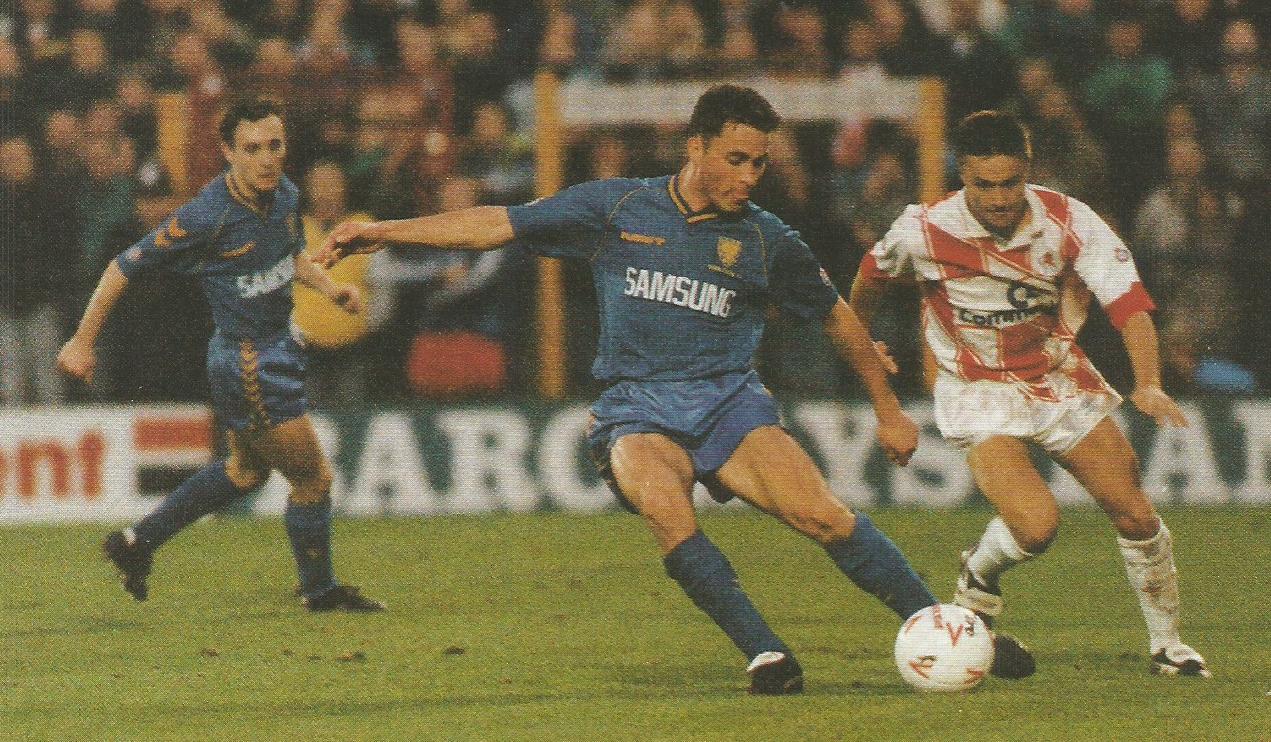
2025
|
Introduction
History is a strange thing. When first introduced to the Wimbledon F.C. archive by the late, great, Eric Willcocks in the early 1980s there seemed to be a wealth of information there. However, the more that was found, the more that was found to be missing. The list of results was incomplete, early tables were missing and line-ups were sparse - and that was just the first team.
After several summers perusing dusty copies of old local newspapers a reasonably complete list of results - barring a couple of very early seasons - was compiled and many line-ups were filled into a small pile of school-style exercise books. In retrospect, even then, it was very poor compared to many other clubs, and the time might have been better spent tracking down living memories of the early days that are now long gone. Even basic information like the exact locations of many of the original grounds have eluded research, although we have a much better idea now than then.
An example of this frustration is the Common's Conservator's minute books from the late 1800's that makes several references to a map of all the sports grounds on the Common, and several more references to the colour coding used to indicate the pitches allocated to the Old Centrals. Unfortunately this map is in a different minute book, specific to the Sport Committee, and believed lost to a bomb that hit the Conservator's solicitors in central London during the Second World War. Three of the later grounds are referred to only by the names of the road they were located along, Worple Road, Pepys Road and Grand Drive, all pretty long, and nothing obvious on any OS maps of the period to enable us to pin down the precise spots that the formative Dons called home. The London Football Association also lost some of its early records to enemy activity.
No Club minute books or membership lists have been found to date and from the early era there is little more than a couple of photos and a few fixture cards, although there were certainly more at the time that may turn up one day. So we are mostly left with programmes (sparse in the early days, unknown if not non-existant before 1920) and newspaper reports. Thankfully the local papers were, to varying degrees, very supportive of the Dons over the years and most matches were the subject of at least a cursory report - the majority, although by no means all, containing a team line-up. Even these can cause problems of their own, with players referred to by different initials and even surnames from one week to the next, but they usually settle into a pattern that can be discerned after a few games. Of course, many players over the years have only played in a handful or fewer matches, and without further evidence we are often solely reliant on those early reports for our information. While plenty of time and effort has been spent trawling through census lists and local electoral rolls, a number of the early names here are "best guesses" or "as published".
These days, of course, we also have the internet to aid historical studies, and this has certainly helped with both published information and similarly minded contacts. Several recent contacts with previous players, or their family members, has encouraged me to open up the information contained in this site in the hope that others may be encouraged to get in touch and fill in further details.
The re-launch of this site combines Dave SoCal Hambly's original Historical Don website with my own research and that collected by others.
Robert Dale Wimbledon F.C. Historian robertdale@blueyonder.co.uk |
|
This page has been visited 660 times. The contents of this site are (c) their respective owners. If you wish to use anything within, please check their status first. If you have any information, photographs, comments, additions, memorabilia or corrections to this site please contact us |



|
